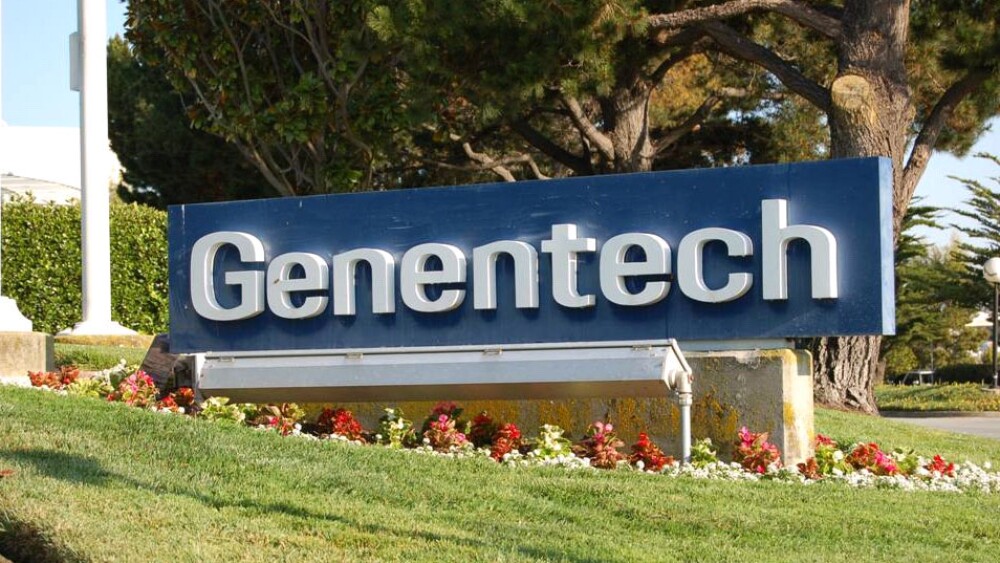October 4, 2016
By Mark Terry, BioSpace.com Breaking News Staff
The U.S. Food and Drug Administration (FDA) granted Genentech ’s Alecensa (alectinib) a second Breakthrough Therapy Designation (BTD).
In June 2013, the FDA gave Alecensa breakthrough status to treat people with ALK-positive non-small cell lung cancer (NSCLC) who have progressed while taking crizotinib, or who can’t tolerate it. It was then granted accelerated approval in December 2015. This new BTD is for adult patients with advanced ALK-positive NSCLC who have not received prior treatment with an ALK inhibitor.”
“The J-ALEX study that supports the second Breakthrough Designation for Alecensa showed superior efficacy versus the standard of care, crizotinib, in Japanese people with advanced ALK-positive disease,” said Sandra Horning, Genentech’s chief medical officer and head of Global Product Development, in a statement. “The decision by the FDA to grant a second Breakthrough Therapy Designation is recognition of the clinically meaningful improvement in efficacy and safety that Alecensa brings to the care of people with advanced ALK-positive lung cancer who have not received prior treatment with an ALK inhibitor.”
Alecensa was invented by Japan’s Chugai Pharmaceutical Co., and is approved in Japan and the U.S. A filing has been made by Genentech in Europe. The J-ALEX study is being conducted by Chugai. It is an open-label, randomized Phase III trial to compare the efficacy and safety of Alecensa to crizotinib in Japanese people. It has enrolled 207 patients with ALK-positive, advanced or recurrent NSCLC who have not been treated with an ALK inhibitor.
Alecensa cut the risk of the disease getting worse or death by 66 percent compared to crizotinib. It also had fewer Grade 3-4 adverse events than those in the crizotinib arm. The most common adverse events were constipation, for patients on Alecensa. The most common for crizotinib were nausea, diarrhea, vomiting, visual disturbance, change in taste, constipation, and an increase in liver enzymes.
It’s not the only news Genentech has had in lung cancer recently. On August 31, the company announced positive results for Tecentriq from its OAK Phase III trial. It met its co-primary endpoints and showed a statistically significant and clinically meaningful improvement in overall survival (OS) in patients with locally advanced or metastatic NSCLC compared to patients on docetaxel chemotherapy.
Tecentriq (atezolizumab) is a monoclonal antibody that binds to the PD-L1 protein, and blocks its interactions with PD-1 and B7.1 receptors. This allows the activation of T-cells.
According to the American Cancer Society, about 224,000 people in the U.S. will be diagnosed with lung cancer this year. Of those, NSCLC accounts for about 85 percent.
Tencentriq is also prescribed to treat a type of bladder cancer called urothelial carcinoma.
“These results add to the growing body of evidence that supports the role of Tecentriq as a potential new treatment for specific types of advanced NSCLC,” Horning said in a statement in August. “This is very encouraging news for people living with this disease because lung cancer is the leading cause of cancer deaths around the world. We hope to bring this treatment option to patients as soon as possible.”





